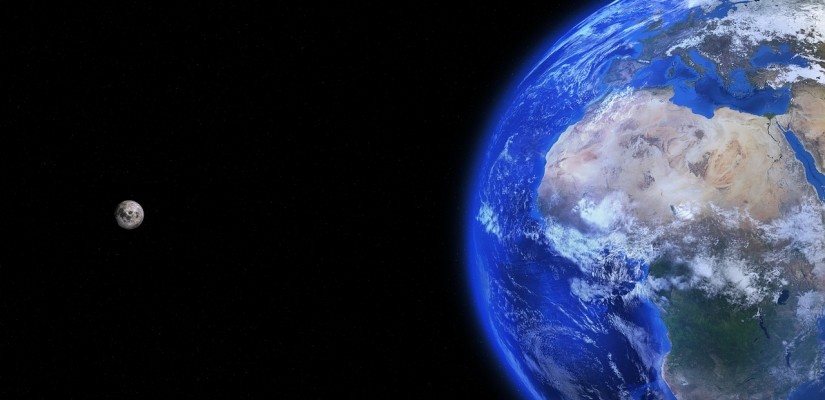
On July 22, 2019, India launched the Chandrayaan-2 mission to land a rover on the moon. If the ship lands successfully, it will become the fourth nation to have succeeded in the stellar feat, after the United States, the Soviet Union, and China. This launch occurs months after an Israeli launch failed to make a similar lunar landing. The Chandrayaan-2, which was built by the Indian Space Research Organization (ISRO), would be the first from any country to land on the moon’s south pole. A rover would then detach from the ship and collect scientific samples from the lunar surface.
The launch also embodies a potential shift in strategic relations, as space may quickly become the next area of great power rivalry. India has successfully launched satellites since the 1970s. A lunar landing would act as a demonstration of India’s place among countries at the forefront of space launch capabilities. Other countries, such as the U.S., also plan to send missions to the moon in the coming years. In order to maintain peaceful relations, countries must begin to reconsider and develop further the international legal framework that governs space in general and the moon in particular.
